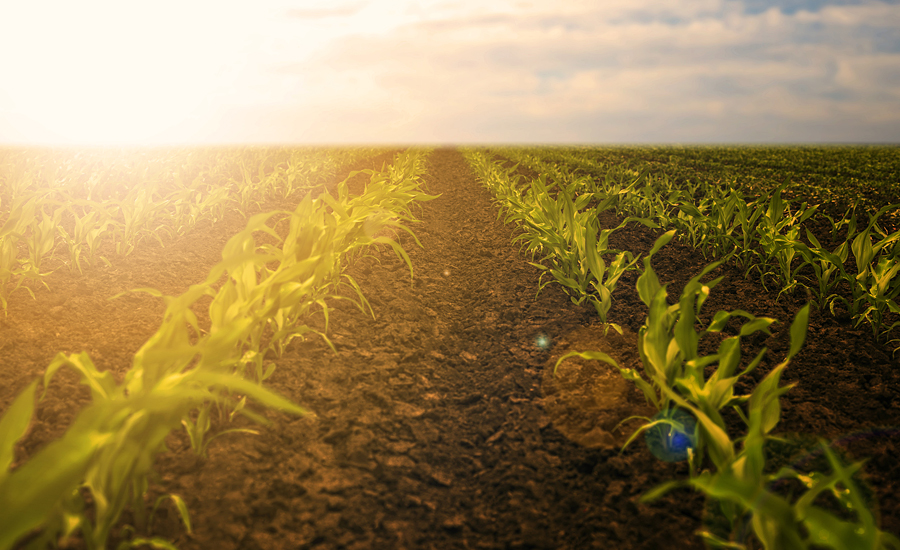Smithfield Foods, Inc., Smithfield, Va., released the Environment section of its 17th sustainability report, which highlights the company’s ambitious goal to reduce greenhouse gas (GHG) emissions and progress toward its 2020 environmental targets.
“In 2017, we made meaningful progress toward our goal to reduce our environmental impact while meeting the growing global demand for pork,” says Stewart Leeth, vice president of regulatory affairs and chief sustainability officer. “We continue to address environmental concerns through innovation and ongoing improvement, which creates value for our stakeholders and supports the communities where our employees live and work.”
The report provides detailed information about Smithfield’s environmental programs and initiatives such as:
- Innovative practices and platforms, including Smithfield Renewables, to help the company reduce GHG emissions 25% by 2025 throughout its entire supply chain – what is dubbed to be the first commitment of its kind by a protein company.
· Eight certified zero-waste-to-landfill facilities that save the company nearly $273,000 per year, with five more facilities expected to be certified by the end of 2018.
· Projects recognized by the company’s internal awards program that reduced water use by more than 86 million gallons and diverted more than 30 million pounds of waste from landfills in 2017. These, along with other environmental achievements, helped Smithfield save an estimated $128 million over the past five years in operating costs.
· Eighty third-party awards recognizing environmental sustainability achievements in 2017.
“Reducing our environmental impact requires bold steps and out-of-the-box thinking. Every day, our people are looking for new opportunities, both large and small, that will allow us to improve our own operations and those of our supply chain partners,” says Kenneth Sullivan, president and CEO. “We have and will continue to make meaningful changes that will simultaneously benefit the environment and our business.”
Smithfield’s environmental efforts extend throughout its supply chain. This includes the farms that grow feed grain for its hogs, the farming operations that raise the animals, the processing facilities, and finally, the transportation network that delivers finished products to retail stores and restaurants.
“In just six short months, we’ve made some exciting steps toward achieving our 25 by ‘25 goal through our new Smithfield Renewables platform,” says Kraig Westerbeek, senior director of Smithfield Renewables. “From projects on our farms that convert manure to renewable natural gas to those at our facilities that power steam boilers by capturing biogas from wastewater treatment systems, we have much to be proud of and look forward to sharing even more projects in the near future.”


